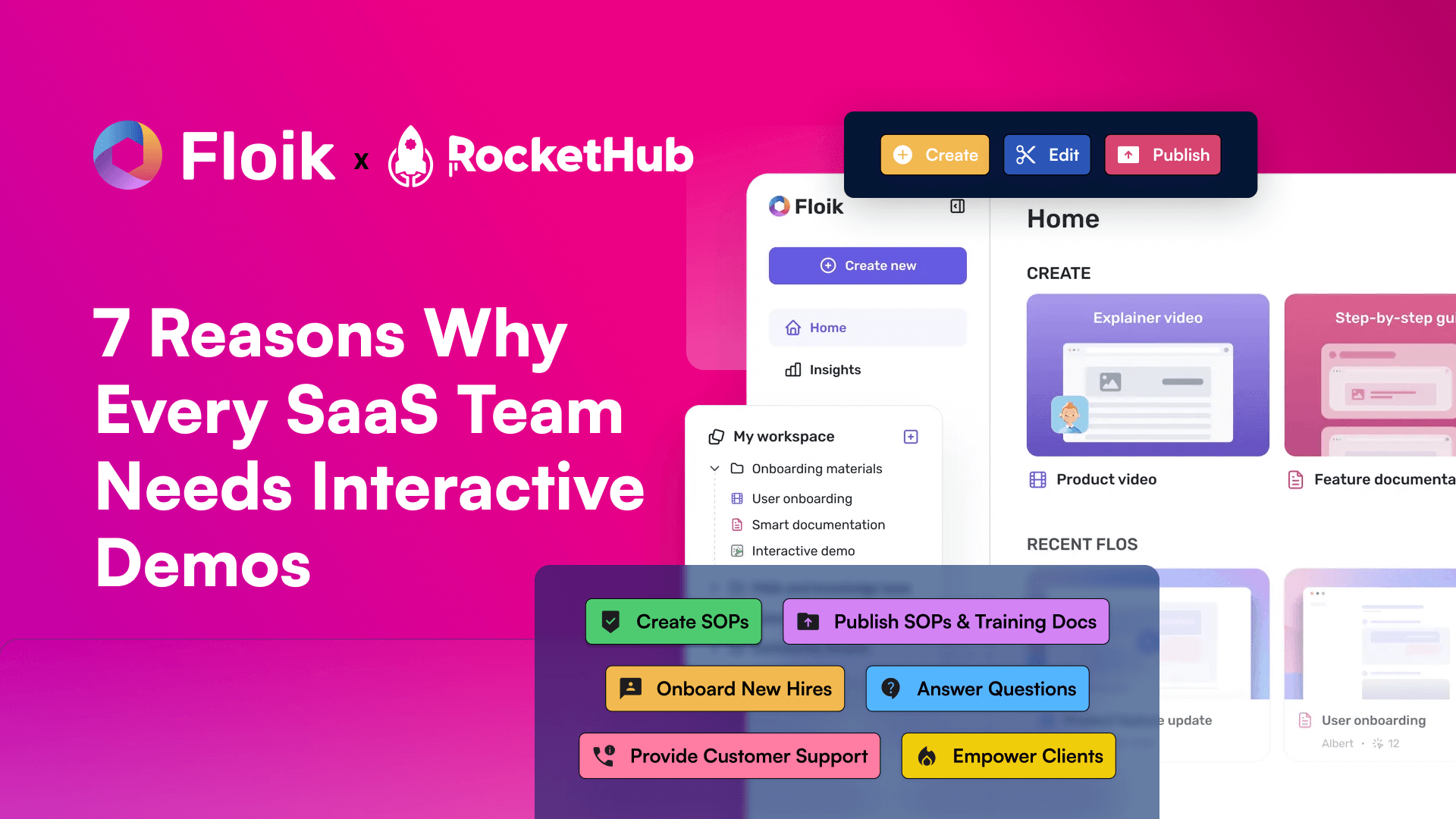
4 Step Foolproof Formula For Trading Startup Equity For Professional Services
- Angel Alfred
- April 18, 2023

One approach many entrepreneurs consider is trading equity in their company for professional services. This can be an effective way to leverage your company’s potential value while bringing in much-needed support without draining your cash reserves. However, navigating the complex process of equity exchange can be daunting, and mistakes can be costly. In this blog post, we’ll outline a 4-step formula for trading startup equity for professional services that can help you structure a fair and mutually beneficial agreement.
Importance of Equity as a Currency for Startups
Equity is a crucial currency for startups because it allows founders and early employees to share in the value they create. Equity represents ownership in the company and is often used to attract and retain talent, as well as to raise capital. Equity can be granted through stock options, restricted stock units (RSUs), or other equity-based compensation plans.
One of the main benefits of equity for startups is that it aligns incentives between the company and its employees. When employees hold equity, they are more invested in the success of the company, which can lead to increased motivation, productivity, and loyalty. This is particularly important for startups, where every employee’s contributions can have a significant impact on the company’s trajectory.
Equity can also be a powerful tool for attracting and retaining top talent. In a competitive hiring market, startups may not be able to offer the same level of cash compensation as larger, established companies. However, equity can be a valuable substitute, offering the potential for significant financial upside if the company is successful.
4 Step Formula For Trading Startup Equity

We have listed below the 4-step formula for trading startup equity, let’s dive into each one of them!
Step 1: Define Your Business Needs and Objectives
One of the first steps in building a successful startup is identifying the specific services your company needs to thrive. This can be a daunting task, as startups often have limited resources and must prioritize their needs. However, taking the time to identify and prioritize the services your startup requires can be critical to its success.
One approach to identifying the services your startup needs is to start with a broad list of potential services and then narrow it down based on your specific business model and goals. This list might include services such as accounting, legal, marketing, product development, and customer support. Consider the skills and expertise you and your team bring to the table, as well as any gaps that need to be filled.
Once you have identified the specific services your startup needs, the next step is to clarify your goals and objectives for these services. What do you hope to achieve by investing in these services, and how will they help you reach your business goals?
For example, if you identify marketing as a critical service, your goals might include increasing brand awareness, generating leads, and driving sales. Clarifying these objectives can help you select the right marketing services to meet your needs, whether that’s social media advertising, email marketing campaigns, or content creation.
Similarly, if you identify product development as a key service, your goals might include creating a minimum viable product (MVP), iterating based on user feedback, and scaling your product to reach a wider audience. Understanding these goals can help you select the right product development services, such as software development, user experience design, or product management.
Read: Starting A SaaS Business: A Guide to Plans, Templates, and Models
Step 2: Determine the Value of the Services
When you’re looking to hire a service provider, one of the critical steps in the process is determining the value of the services they offer. This involves researching and assessing the fair market value of the services you require. This step is crucial as it allows you to budget appropriately and ensures that you get the best value for your money.
Researching the fair market value of the services you require involves researching what other service providers are charging for similar services. This information can be gathered from various sources, including industry associations, government agencies, and online platforms. You should also consider factors such as the complexity of the project, the level of expertise required, and the location of the service provider.
In addition to researching the fair market value of the services you require, you also need to consider the expertise, experience, and reputation of the service provider. This is important as it helps you identify the best service provider for your needs and ensures that you get high-quality services.
Assessing the expertise of the service provider involves looking at their qualifications, certifications, and training. You should also consider their track record in delivering similar projects and their level of experience in the industry. This information can be gathered from their website, portfolio, and testimonials from previous clients.
Assessing the reputation of the service provider involves looking at their online reviews, ratings, and feedback from previous clients. You should also consider their communication skills, responsiveness, and professionalism in handling your project. This information can be gathered from their website, social media pages, and online review platforms.
Step 3: Negotiate the Equity for Services Exchange
Negotiating equity for service exchange is a common practice for startups and small businesses that need professional services but cannot afford to pay for them in cash. In this arrangement, the service provider agrees to provide their services in exchange for equity in the company, which is typically a percentage of ownership. While this type of exchange can be beneficial for both parties, it is important to approach the negotiation process carefully to ensure a fair and mutually beneficial agreement.
Before entering into any equity-for-service exchange, it is essential to draft a clear and concise agreement that outlines the terms of the exchange. This agreement should clearly state the scope of the services to be provided, the equity percentage to be exchanged, and any other relevant terms and conditions. The agreement should also include provisions for how the equity will be valued and how it will be distributed in the event of a sale or liquidation of the company.
Once the agreement has been drafted, the next step is to negotiate the equity percentage with the service provider. The equity percentage will depend on several factors, including the value of the services being provided, the size and stage of the company, and the risk involved in the investment. It is important to approach this negotiation with a clear understanding of the value of the services being provided and the potential long-term benefits of the equity exchange.
In addition to the equity percentage, there may be other relevant terms that need to be negotiated, such as the length of the service agreement, the vesting schedule for the equity, and any performance milestones that need to be met. These terms should be negotiated with the service provider to ensure that they are fair and reasonable for both parties.
Step 4: Execute and Monitor the Agreement
After negotiating and agreeing on the terms, the next step is to finalize the agreement. This involves drafting the agreement and ensuring that it captures all the agreed-upon terms. It is crucial to review the agreement carefully to ensure that it is legally binding and that there are no loopholes that can be exploited in the future.
All parties involved should also sign the agreement to show their commitment to the terms outlined therein. It is advisable to involve legal experts in the process to ensure that all legal requirements are met.
It is essential to ensure that all parties involved in the agreement understand and agree to the terms outlined in the agreement. This is necessary to avoid any misunderstandings that may arise later on. It is recommended to have a meeting with all parties to review the agreement and discuss any areas that may require clarification. This is also an opportunity to reaffirm the commitments made and to ensure that everyone is on the same page.
Once the agreement is signed, it is essential to monitor the progress of the services provided. This involves tracking the performance of the service provider and ensuring that they deliver on their commitments.
It is important to set up metrics to measure the success of the services provided and to establish a timeline for achieving the agreed-upon goals. Regular updates should be provided to all parties to ensure that everyone is informed about the progress being made.
The success of the services provided should be measured in terms of the impact on the startup’s growth and success. This involves tracking key performance indicators (KPIs) and comparing them to the baseline before the agreement was signed. It is important to assess the value that the service provider brings to the startup and to make adjustments if necessary.
Regular communication and feedback from all parties involved are crucial to ensure that the agreement is successful and that the startup’s growth and success are not compromised.
Wrapping Up
The 4-step formula for trading startup equity for professional services provides a viable option for businesses that are just starting and may not have the resources to pay for professional services upfront. By following these steps, startups can secure the services they need to grow their business while also avoiding the pitfalls of losing control over their equity.
Share This Post
Angel Alfred
Angel is a digital marketer, a mental health speaker, and above all, a writer. She loves being a part of the RocketHub team and is keen on learning and taking over new challenges every day!
Table of Contents
Get The Latest Updates
Subscribe To Our Weekly Newsletter
Sign up below to be one of the first crew members onboard and get early access to amazing deals.
Recent Posts


Social Media
Categories
Related Posts

Lifetime Deal Platforms
The best lifetime deal platforms for software. Platforms lik RocketHub scour the web for the highest quality products to bring buyers the best lifetime deals on their platform.

How to Work for Yourself + 13 Solo Business Ideas
Do you ever wonder if being your own boss could truly set you free? In this article, we’ll explore the theory that unleashing entrepreneurial freedom

7 Reasons Why Every SaaS Team Needs Interactive Demos
Making a Case for Interactive Demos: 7 Reasons Why Every SaaS Team Needs Them Let me paint a scenario for you. You want to buy


